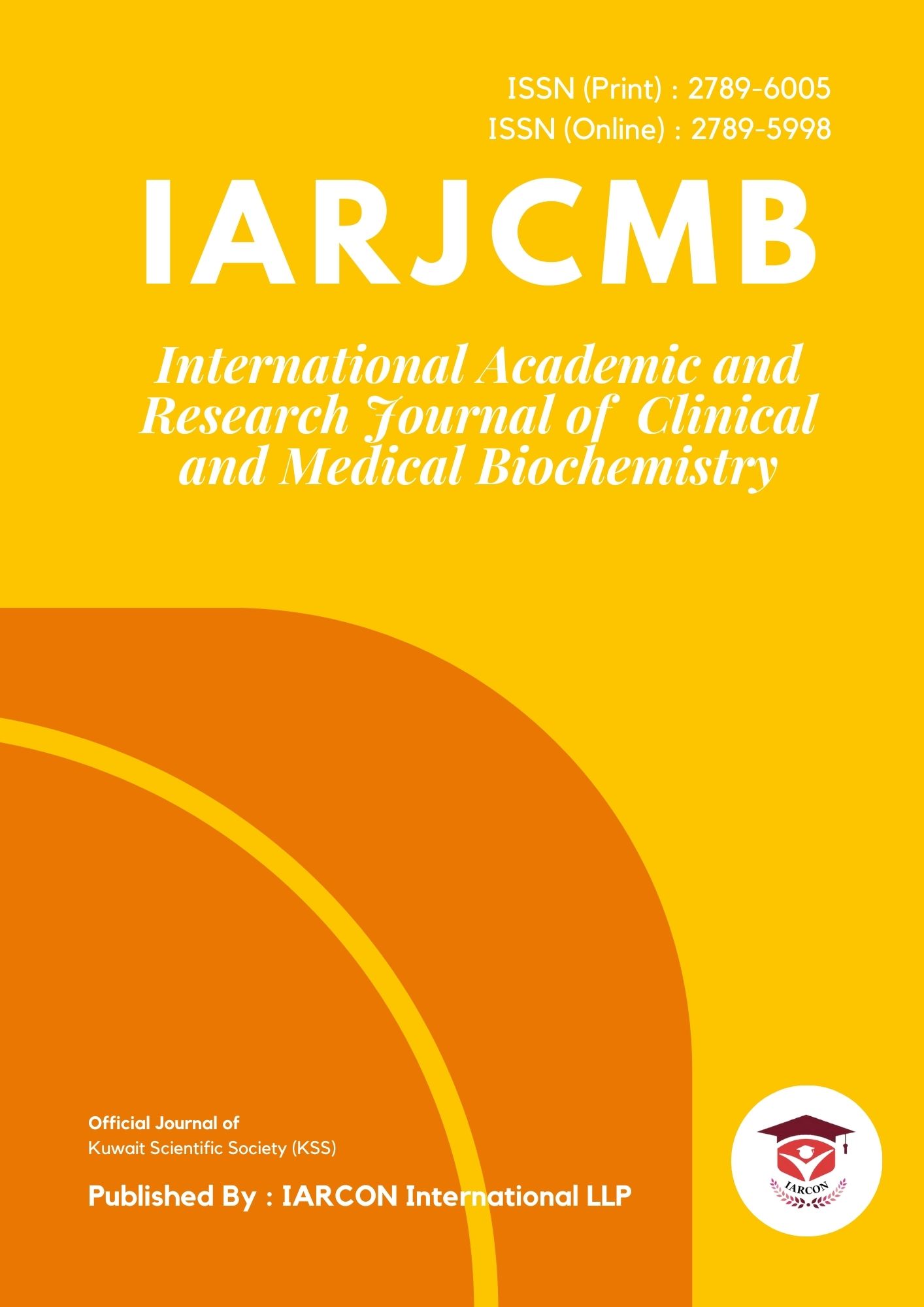Comparative study of lipid and leptin levels in patients with autoimmune and non- autoimmune thyroiditis Immunity
In studies that examined and Comparative study of lipid and leptin levels in individuals with autoimmune diseases, such as Graves' disease (GD) , Hashimoto's thyroiditis (HT) and non- autoimmune thyroiditis Immunity. Lipids are biological substances that are frequently soluble in organic solvents and hydrophobic by nature. They play a crucial function in communication between cells and in the metabolism of the body. They are elements of the cell membrane structure . Triglycerides (TGs), cholesterol, phospholipids, fatty acids, cholesterol, and other substances can all be considered forms of lipids. Since they are insoluble in plasma, lipoproteins—which differ in size, shape, and density—are used to carry them.When comparing the Non-immune-autoimmune (HT) hypothyroid group to the control group, the results reveal a substantial rise in all lipid profile parameters (Total cholesterol , triglyceride , High density lipoprotein , Low density lipoprotein , and Very density lipoprotein) at (P ≤0.001). As observed , the results for the Autoimmune Hyperthyroid group at (P ≤0.01) indicate a substantial increase in TC and HDL-c, whereas the Non immune – Autoimmune(GD) Hyperthyroid group shows (TC, TG, LDL, and VLDL) significantly decreased. Lipid metabolism is one of the key metabolic signaling pathways that is affected by thyroid hormones. These hormones have an impact on lipid breakdown, metabolism, and composition; however, disintegration is more impacted than composition. The levels of leptin in non- autoimmune hypothyroid patients were higher than in non- autoimmune hyperthyroid patient. their results explain that energy storage and food intake are significantly regulated by TSH and THs. In thermogenesis, The regulation of both adipogenesis and the balance between lipogenesis and lipolysis.

